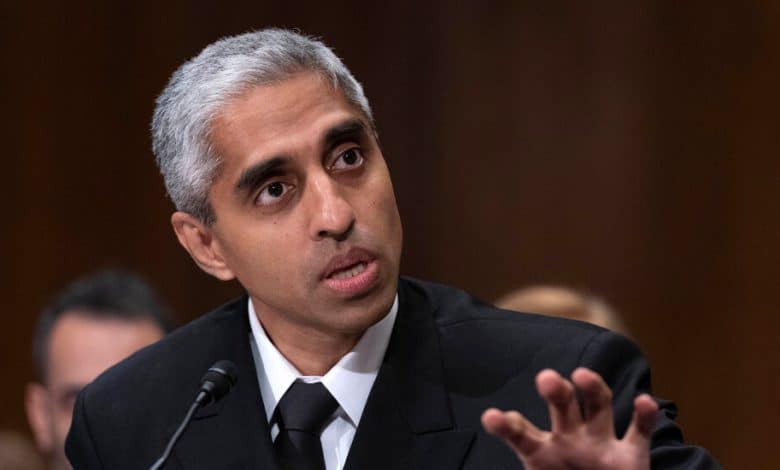Researchers Say Social Media Warning Is Too Broad

When the U.S. surgeon general, Dr. Vivek Murthy, announced on Monday that he was planning to push for a mental health warning label on social media platforms, he was met with cheers from many parents and teachers, who described a long, lonely struggle to wrench children away from a habit that was hurting them.
He got a cooler reaction, however, from some scientists who study the relationship between social media and mental health. In interviews, several researchers said the blanket warning Dr. Murthy has proposed — “social media is associated with significant mental health harms for adolescents” — stretches and oversimplifies the scientific evidence.
For many years, researchers have tried to determine whether the amount of time a child spent on social media contributed to poor mental health, and “the results have been really mixed, with probably the consensus being that no, it’s not related,” said Dr. Mitch Prinstein, the chief science officer at the American Psychological Association.
What seems to matter more, he said, is what they are doing when they are online — content about self-harm, for example, has been shown to increase self-harming behavior.
“It’s kind of like saying, ‘Is the number of calories that you eat good for you or bad for you?’” said Dr. Prinstein, who testified before the Senate on the subject last year. “It depends. Is it candy, or is it vegetables? If your child is spending all day on social media following The New York Times feed and talking about it with their friends, that’s probably fine, you know?”
Like other scientists interviewed, Dr. Prinstein applauded Dr. Murthy for drawing attention to the mental health crisis. He said he was very optimistic about policy changes that might follow, to keep social media use from interfering with school, sleep and physical activity. After Dr. Murthy’s announcement, Gov. Gavin Newsom of California called for a statewide ban on smartphone use in California schools.